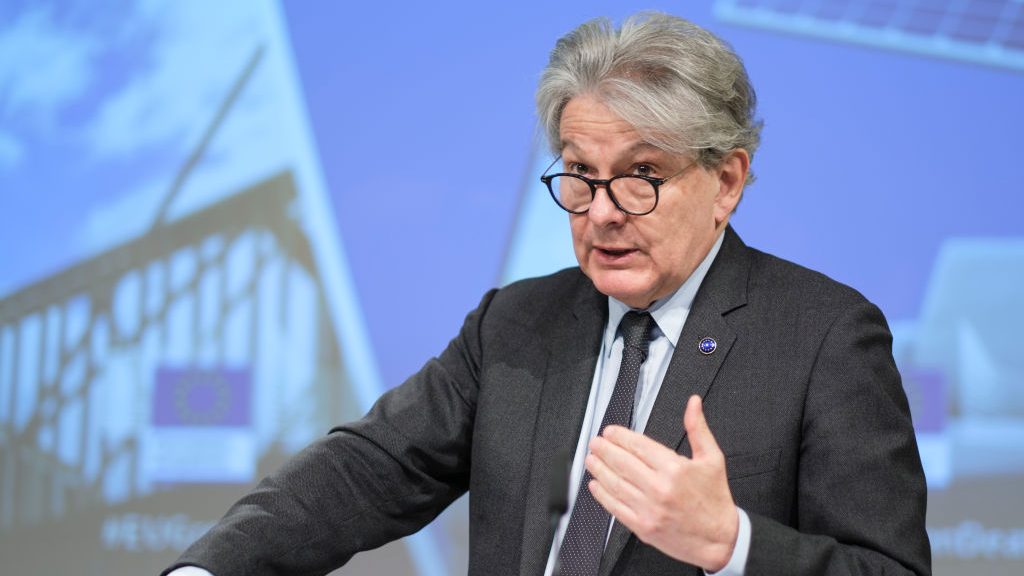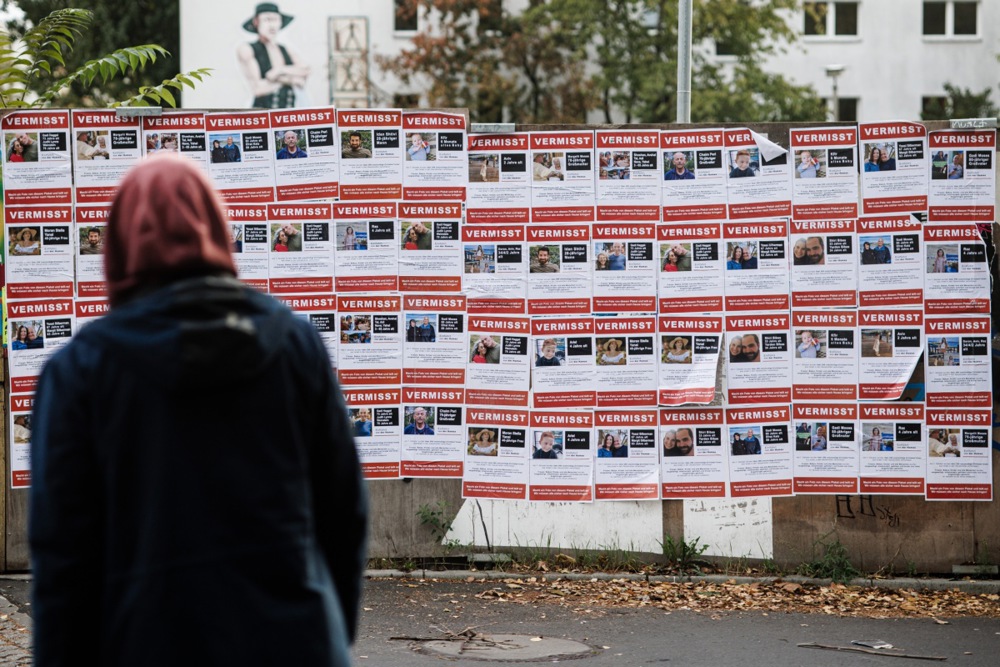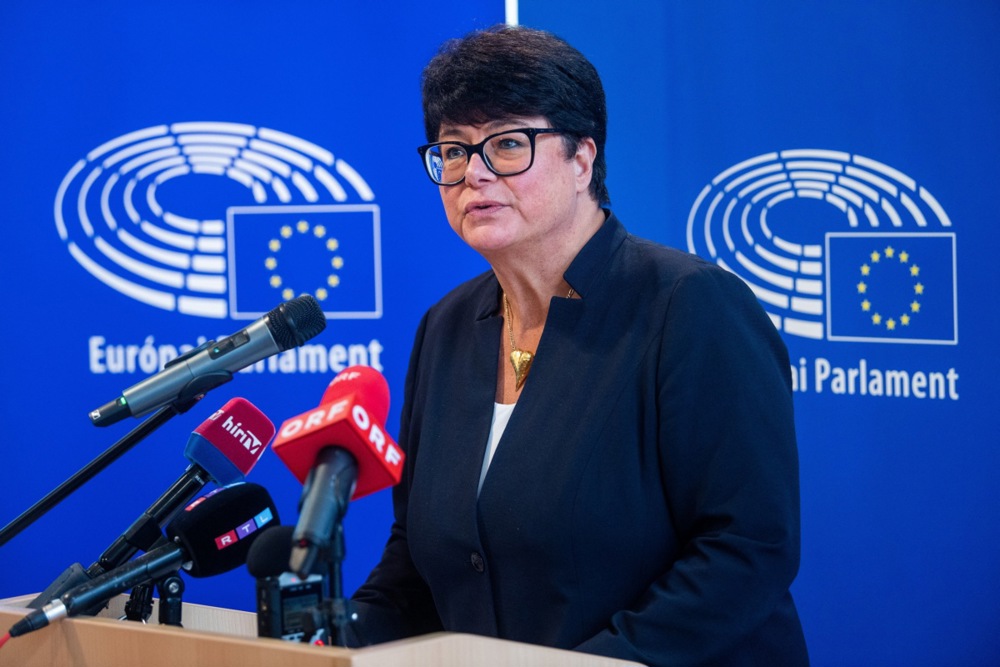The European Commission has signed an agreement with France and Ireland aimed at getting the two countries to help enforce the bloc’s online censorship rules.
Outlined in the Digital Services Act (DSA), the regulations proactively force social media sites such as X and TikTok to censor so-called “disinformation” and “hate speech”, as well as curtail the spread of violent content online.
Announcing the agreement with Ireland’s Coimisiún na Meán and France’s Arcom media regulators, the EC said the deal would “support enforcement” of the DSA.
“These bilateral arrangements will allow the Commission services and relevant national authorities to exchange information, data, good practices, methodologies, technical systems, and tools,” the executive’s press release reads.
“Effective cooperation will facilitate the Commission’s assessment of systemic risks, the identification of emerging ones … as well as other systemic risks under the DSA, such as the spreading of disinformation or the protection of minors.”
Officials from both countries’ regulators also expressed satisfaction regarding the deal, with Coimisiún na Meán Executive Chair Jeremy Godfrey noting the role of Ireland regarding online tech regulation.
“Thirteen of the nineteen very large online platforms and search engines have their EU headquarters in Ireland,” he said.
“This means Coimisiún na Meán will have a special role, working in tandem with the European Commission as we use the Digital Service Act to ensure a safer online world,” the regulator added.
The President of Arcom Roch-Olivier Maistre focused his praise on the DSA, expressing the need for online censorship amid the conflict in Israel and Palestine.
“The regulation on digital services is an opportunity for our continent,” he said, describing the DSA as paving the way to “new regulation of the digital space”.
The European Commission has told European Union Member States to “fast track” the bloc’s online censorship powers under the Digital Services Act. https://t.co/TH44KNai7J
— Brussels Signal (@brusselssignal) October 19, 2023
The two bilateral agreements come just days after the EC demanded its censorship powers be fast-tracked after the Hamas attacks on Israel.
Both the Irish and French Governments have been supportive of the new measures, with France in particular calling for the ability to completely remove certain social media sites from its internet should they be deemed to threaten security.
Thierry Breton, the EC’s self-styled “digital enforcer”, has confirmed that such powers are contained within the DSA but can only be enforced at the European level.
Ireland has also been keen to see more speech censored within the public arena, with the coalition government currently trying to pass new hate-speech legislation.
Initially ignored by the country’s press, the bill has become a hot-button topic there after drawing international criticism. Elon Musk and Donald Trump both came out to denounce the planned legislation earlier this year.
The Irish Government has continued to press on with it, frequently dismissing criticism that the proposed law violates freedom of speech as being unfounded.
Although keen to hand its judiciary greater censorship powers, elements of Ireland’s political class may baulk at giving more control to the EC.
Traditionally stalwart allies, Brussels and Dublin have become increasingly divided over the conflict in Israel, with EC President Ursula von der Leyen pledging support to Tel Aviv while Ireland backs Palestine.
Irish politicians have even warned that von der Leyen’s continued support for Israel could put her position at risk, saying it is not the job of the EC chief to decide EU foreign policy.
X will launch a legal challenge against forthcoming anti-hate-speech laws in Ireland, its US billionaire owner @elonmusk has announced. https://t.co/T0x46rGNqi
— Brussels Signal (@brusselssignal) August 25, 2023





